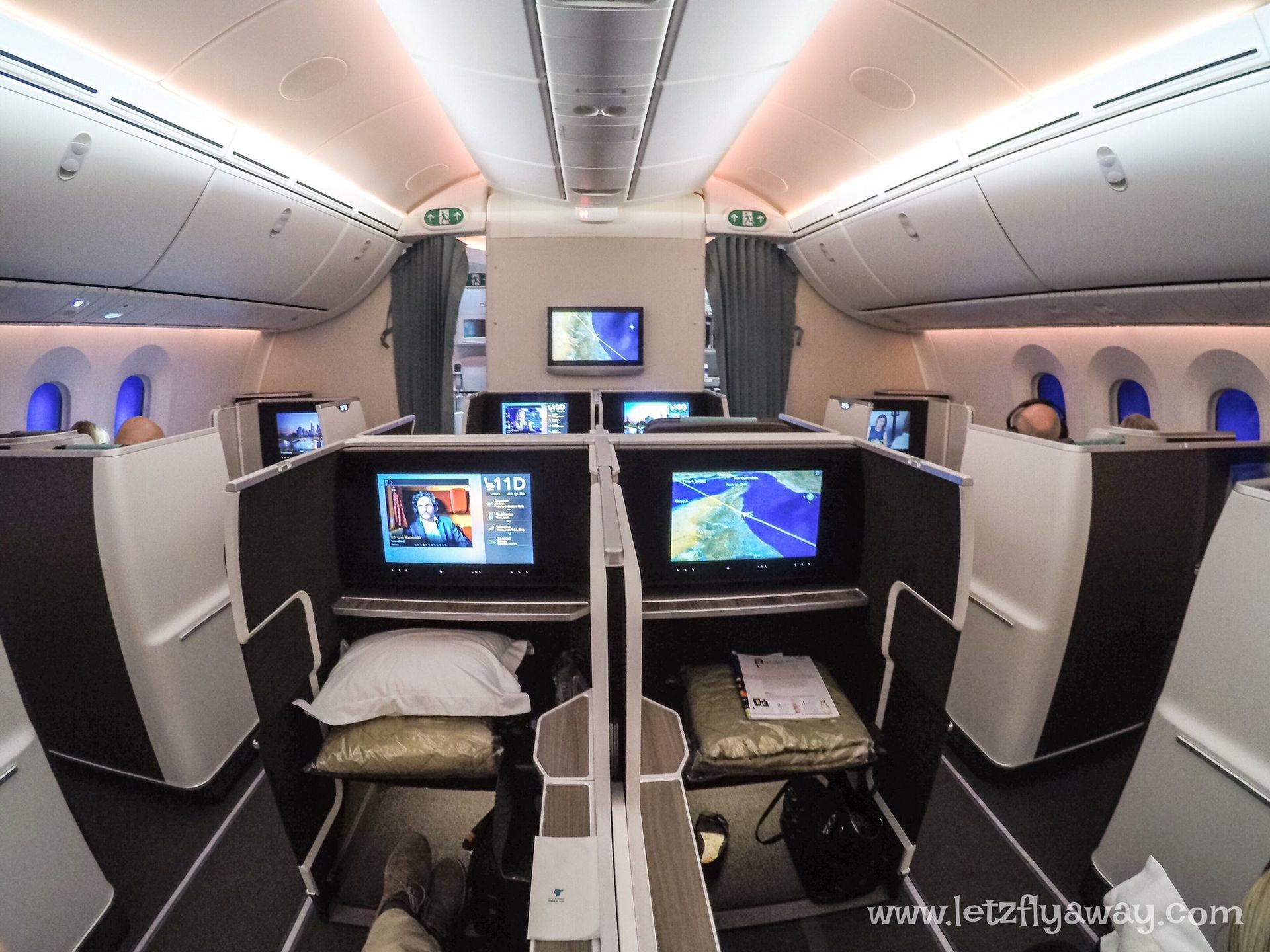Social Media has become an integral part of our daily lives. We use it to connect with our friends, family, and acquaintances from all over the world. Businesses, too, have been leveraging social media to connect with their audience and promote their products or services. In today’s digital world, websites are no longer static pages with basic information. The design of a website can make or break a business. The design must adapt to users’ needs and expectations in order to succeed. Therefore, designers have been using social media as a source of inspiration and to shape modern web design.
Social Media-Inspired Web Design
Social media platforms have introduced many innovative design trends, some of which have made their way to the world of web design. Many of these design trends have been inspired by social media platforms such as Facebook, Instagram, and Twitter.
One major trend that has been inspired by social media is the use of rich media on websites. Social media platforms such as Instagram and Pinterest have been leveraging the use of high-quality images and videos to drive engagement. Therefore, designers have been incorporating more images, videos, and animations into their websites to provide a more engaging user experience.
Another trend inspired by social media is the use of infinite scrolling on websites. Infinite scrolling allows users to view more content without having to click the “next page” button. Social media platforms such as Facebook, Instagram, and Twitter have been using this feature to keep users engaged and scrolling through their feeds. Since infinite scrolling eliminates the need for pagination, it provides a seamless user experience.
Social Media Integration in Web Design
Apart from being a source of inspiration for modern web design, social media has also become an essential part of many websites. Social media integration refers to the use of social media icons or widgets to allow users to connect with a business on social media directly. Many businesses have been using social media integration to promote their social media pages, increase their following, and drive traffic to their websites.
Social media also allows businesses to add social proof to their website. Social proof refers to the use of social media posts or reviews from satisfied customers as a way to showcase the quality of their products or services. This builds trust with potential customers and provides social validation for the business.
The Future of Social Media and Web Design
The relationship between social media and web design is dynamic and constantly evolving. With the ever-changing landscape of digital marketing, businesses must be able to adapt to new trends and technologies. As social media continues to grow in popularity, we can expect to see more integration between social media and web design.
We can also expect to see a continued emphasis on user experience in modern web design. Social media platforms are known for providing a seamless user experience, and businesses are adopting this approach for their websites. Therefore, designers are incorporating design elements that prioritize user experience and usability. Delve deeper into the subject with this suggested external content. Understand More With This Useful Link.
Conclusion
Social media has had a significant impact on modern web design. Designers have been using social media trends and features as a source of inspiration to provide engaging and seamless user experiences. Social media integration has also become an essential part of many websites, providing businesses with a way to connect with their audience and promote their brand. As social media and technology continue to evolve, we can expect to see more innovation and integration between social media and web design.
Want to learn more about the topic covered here? Access the related posts we’ve chosen to complement your reading:
Access this informative article
Visit this informative article
Learn from this detailed analysis


